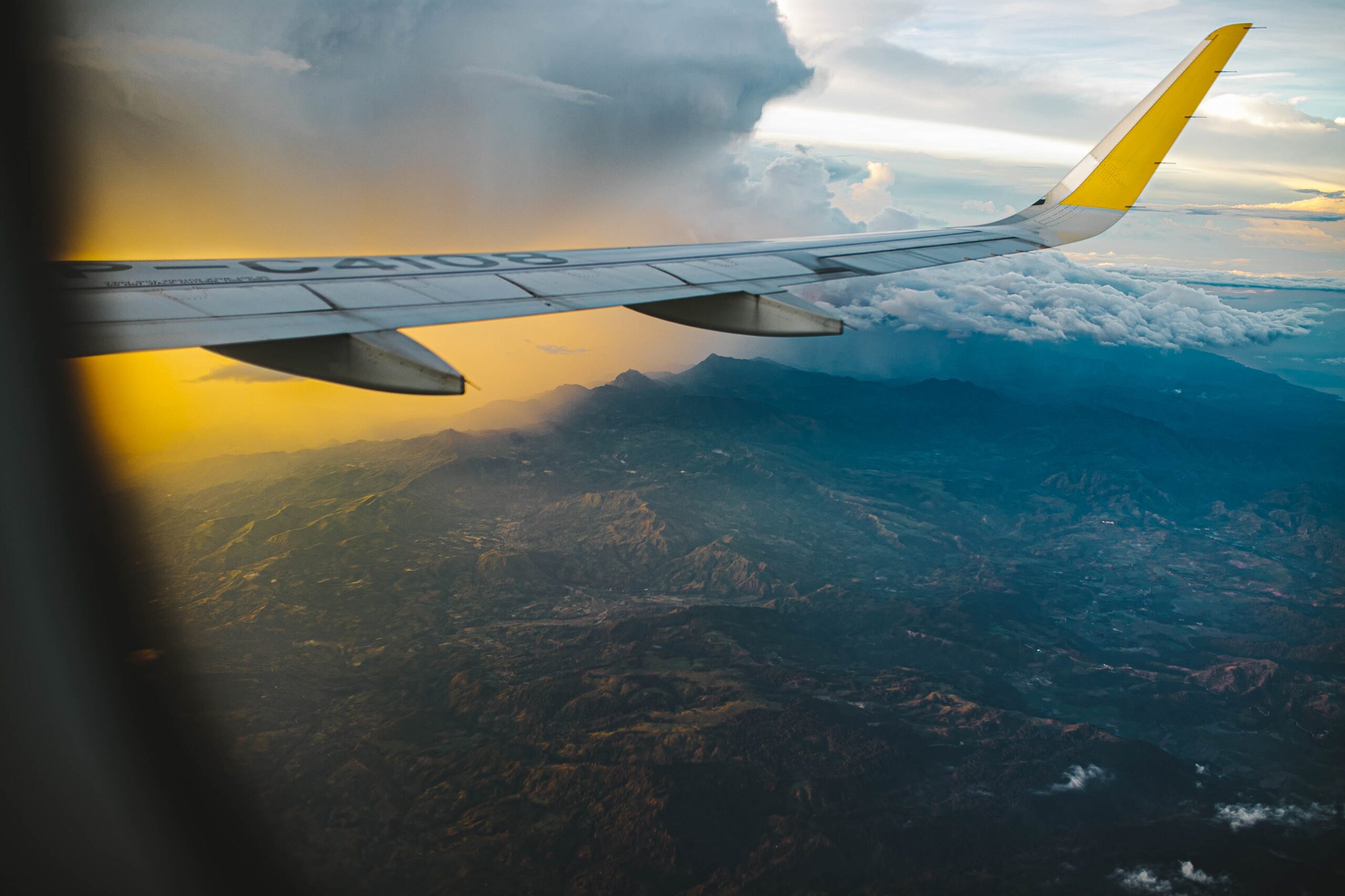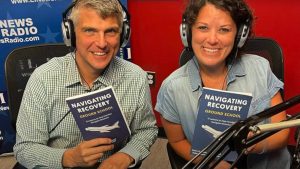
Life on the road promotes addiction. Drinking is part of the culture in many industries. Salespeople entertain clients; lawyers have large expense accounts. Bartenders and waiters go out for drinks after stressful shifts. There is no profession without some relationship with alcohol.
Pilots and flight attendants have unique circumstances that combine perfectly to allow for drinking. They have a lot of time “on the road,” alone in hotel rooms. They also have a lot of time off between work shifts or trips.
The movie, Flight, with Denzel Washington congers up the worst images of a pilot struggling with an addiction. This features the glamour layovers and hard partying. The reality of the life of a pilot is that of airport hotels and time away from friends and family. I have said, “For every Paris overnight, there are 3 at a La Quinta in Grand Rapids.” Those are the hard overnights, when your hotel is surrounded by parking lots and fast-casual restaurants.
Loneliness On The Road
Loneliness escalates drinking, and the life of a pilot or flight attendant is pretty lonely. Every few days, they leave home for a stretch of three to four days. And when they’re off work, they are at home during the week, when other friends are working.
Flight crews often meet each other for the first time just before a flight and they never meet each other again most times. A pilot will be flying with someone that she doesn’t like, or just met, and the flight will consist of hours of silence between the two. Addiction thrives in isolation.
Days on the road can be very isolating, often involving checking into a mid-rate hotel at two or three in the afternoon. For every awesome overnight in a great city there are two to three overnights in cities I would never choose to go to. Checking into a Holiday Inn Express in an industrial park is isolating, and the only entertainment is a nearby sports bar.
My Experience On The Road
When I was on the road I did drink a lot. Many flight crews gather at places where drinks are served or meet at the pool to drink. My drinking on the road was pretty tame, since there are a lot of eyes on pilots in the hotels and we were subject to random drugs tests. While I was at work, my drinking was always kept in check.
My days off were another story. I frequently had three or four days off in a row. As a young pilot, my days off were midweek, when my friends with “real jobs” were at work. I became a binge drinker, drinking hard on my days off and stopping the day before I had to go back to work.
As long as I could stop drinking 12 hours before flying, I didn’t see a problem with my drinking. A federally mandated “hard stop” on my use kept my drinking in check. However, it also allowed me to maintain the false belief that I didn’t have a problem. I was “following the rules,” after all. It didn’t occur to me that if I wasn’t an alcoholic, I wouldn’t be so worried about the 12 hour rule.
My life after 9/11
My drinking and drug use escalated after 9/11. The industry was turned upside down as a result. Today, I understand that I had PTSD from the events of that day. I was flying near NYC that very morning. Unfortunately at the time, PTSD in flight crews wasn’t addressed. So few days later, we were expected to go back to work as if everything was normal, but I was struggling emotionally and needed help.
In the years following 9/11, the career that I had worked so hard for lost its luster. Airlines languished and it became clear that promotions were going to take years, so I decided to resign, and my drinking really took off.
About Adam Banks
Adam Banks is a certified interventionist and the owner of Adam Banks Recovery. After receiving an MBA from the University of Chicago, Adam built a company that was later acquired by United Health Care. His discipline and attention to detail comes from his former career as an airline pilot, holding an ATP, the FAA’s highest license.
Today, Adam is dedicated to helping others achieve long-term sobriety. His work has guided executives, pilots, and physicians on paths to recovery. Adam brings families together through a loving and inclusive approach.
Adam has authored four books on addiction. His recent work, Navigating Recovery Ground School: 12 Lessons to Help Families Navigate Recovery, educates families on the entire intervention process. He also offers a free video course for families considering an intervention for a loved one.
Adam is available for alcohol and drug intervention services in New York, Long Island, the Hamptons as well as nationally and internationally.




